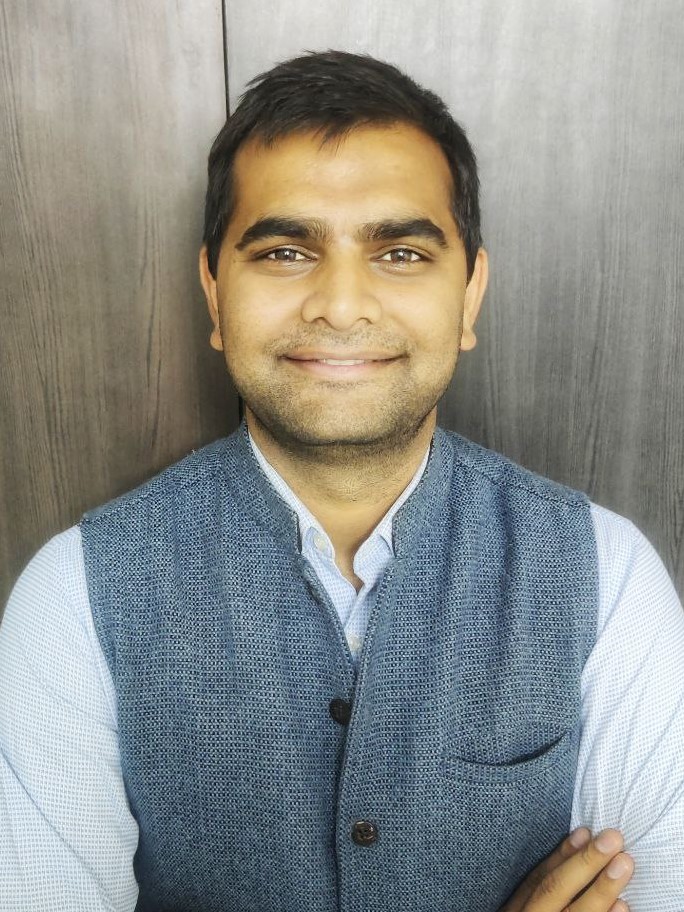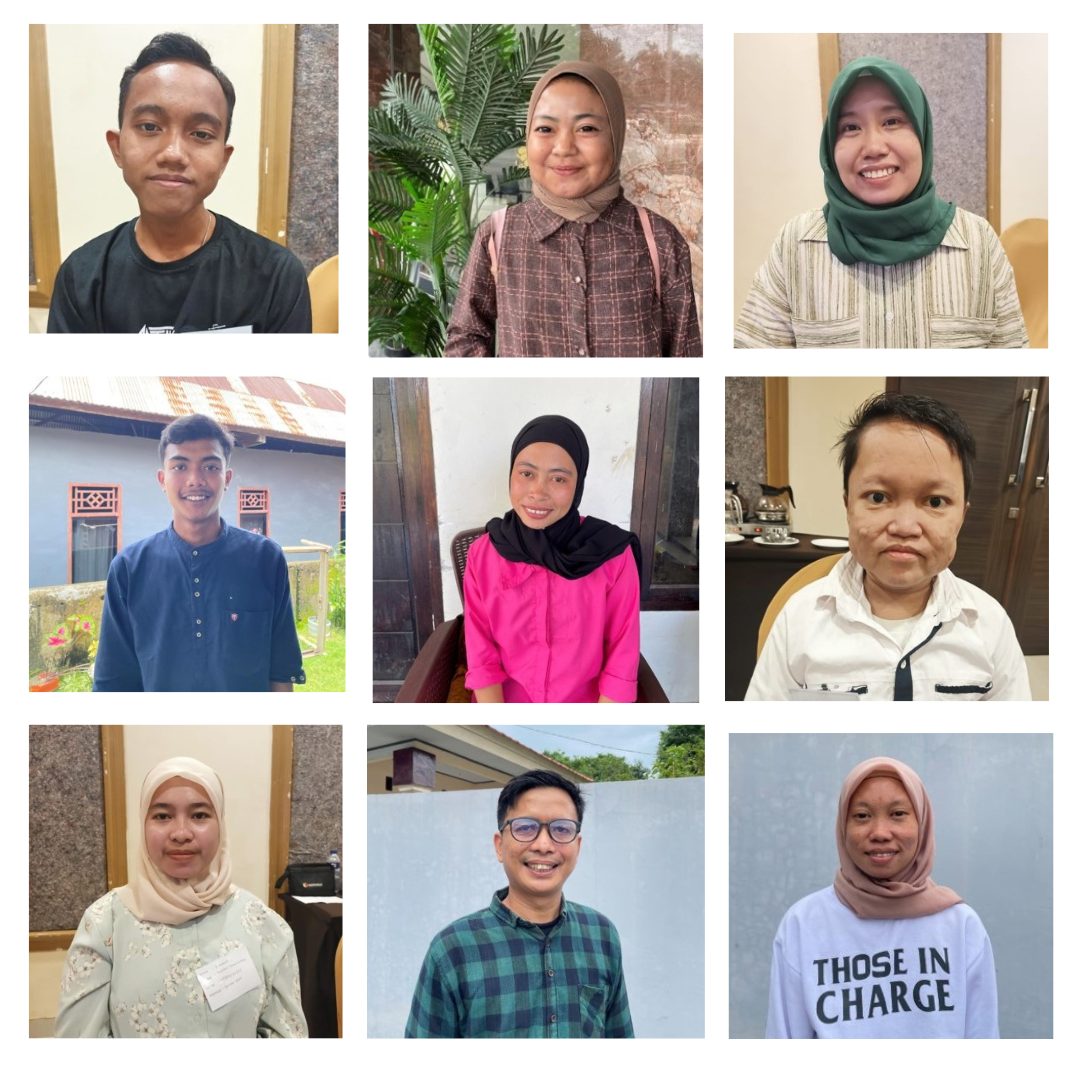
Ashish Shukla
Communications Manager, Disabled Peoples’ International (DPI)
Disabled Peoples’ International (DPI) is a network of over 120 national organizations committed to protecting the human rights of persons with disabilities and promoting their full and equal participation in society. Ashish Shukla, based in New Delhi, has been working with DPI since 2016.
https://disabledpeoplesinternational.org
In conjunction with the 15th session of the Conference of States Parties (COSP15) to the Convention on the Rights of Persons with Disabilities (CRPD), Disabled Peoples’ International (DPI) partnered with the Sasakawa Health Foundation (SHF) to hold an online side event on June 16, 2022. The side event focused on the session’s sub-theme about participation in climate action and disaster risk reduction, and it emphasized enabling meaningful participation of persons with invisible and neglected disabilities such as leprosy. Additionally, organizers intended the event to build states’ awareness of the diversity of disabilities so that all persons will be provided with equal access and opportunities under national laws in compliance with the CRPD.
Major takeaways from the event include the following points:
- Community engagement is a key strategy for simultaneously preventing and responding to outbreaks and natural disasters because communities have an accumulated and action-oriented knowledge about their territory and people that can enhance the efficiency of states’ responses to crisis.
- The implementation of Article 11 of the CRPD¹ is inseparable from the participatory principle that frames the entire convention. Notwithstanding, the word “participation” is often used in discourse, but seldom put into practice. There are issues of recognition and access. For example, persons affected by leprosy are not recognized as persons with disabilities in many national frameworks. These issues are barriers to participation and must be addressed as priority matters.
- The COVID-19 pandemic opened a window for strengthening digital health initiatives. Digital health can increase consultation possibilities in remote areas without doctors.
- Disabled people must be involved in planning and design stages. Only then can we have a resilient structure to take care of all four stages of a crisis: rescue, relief, rehabilitation, and restoration.
- States and all key actors must recognize leprosy as a disability issue, and persons affected by leprosy should be allowed to participate in all policy formulation processes.
- “Participation” alone should not be the goal. We should aim for “effective participation,” which is “participation as the means to achieve something.”
- One of the biggest barriers to making sure that no one is left behind is the lack of information, specifically disability disaggregated data about the impact of disaster and climate change on persons with invisible and neglected disabilities. Lack of information contributes to lack of awareness, stigma, and fear.
- There are barriers related to intersectionality of gender, ethnicity, and poverty.
- Accessibility is another huge issue; there are barriers preventing access to built infrastructure, cyclone shelters, wash points, transportation, communication, early warning, technology, and so on.
- Mobilization and strengthening of disabled people’s organizations are important.
- Organizations for persons with disabilities should include persons affected by leprosy.
- Need to support and promote champions of inclusion from the invisible and neglected disability sector.
A video recording of the event and details about sponsors and speakers have been posted to the Sasakawa Leprosy (Hansen’s Disease) Initiative website.
¹ Article 11 (Situations of risk and humanitarian emergencies): “States Parties shall take, in accordance with their obligations under international law, including international humanitarian law and international human rights law, all necessary measures to ensure the protection and safety of persons with disabilities in situations of risk, including situations of armed conflict, humanitarian emergencies and the occurrence of natural disasters.”









-3.png)